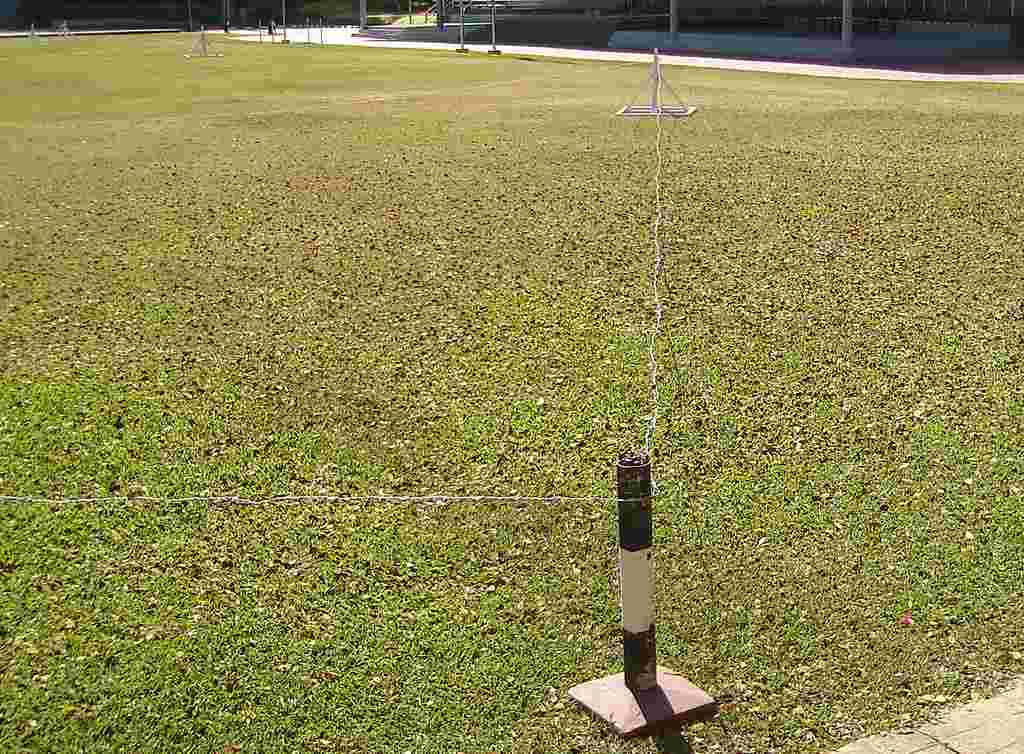More Arguments that Malaya violated the Malaysia Agreement
http://www.freemalaysiatoday.com/category/nation/2016/07/13/bopim-wants-sabahswak-pre-1976-status-restored/
KOTA KINABALU: The UK-based Borneo’s Plight in Malaysia Foundation (Bopim), dedicated to Borneo rights, wants Sarawak Chief Minister Adenan Satem to release the two Memorandums on the Malaysia Agreement 1963 (MA63) handed to Prime Minister Najib Abdul Razak in Putrajaya last Monday.
“The people have a right to take part in the process. They must be consulted. There must be transparency.”
At the same time, Bopim Chief Daniel John Jambun urged Adenan to push for Article 1(2) of the Federal Constitution to revert to the pre-1976 definition where Sabah, Sarawak and Malaya were Equal Partners in the 1963 Federation. “There must be substance, not just form.”
“It’s pointless harping in public on whether Sabah and Sarawak were states or nations in the Federation.”
The Sabah and Sarawak Assemblies for one, he added, were not consulted and/or were not in the know on Article 1(2) being amended to reduce the status of the two Borneo nations to the 12th and 13th states in the Federation of States set up in 1948 under the Federation of Malaya Agreement, signed in London nine years before Merdeka in the peninsula.
MA63, continued Jambun, is an International Treaty signed by five governments Sabah, Sarawak, Malaya, Singapore and the United Kingdom and lodged with the UN Secretary-General. “It’s also virtually a Trust Deed although perhaps not registered as one with the UN Sec-Gen.”
The Intention of the framers of MA63, he cautioned, cannot be amended by the Malaysian Parliament or ignored by the Federal Constitution. “It was not the Intention of the Founding Fathers in Borneo for Sabah and Sarawak to federate with the states in Malaya.”
Sabah and Sarawak’s Federation in 1963 was with Malaya — not with the states in Malaya — and with Singapore as a merged entity with Malaya. “Singapore ended its merger with Malaya in 1965 and exited the Federation of 1963.”
The Malaysian Government, previously the Malayan Goverment, subsequently went into non-compliance on MA63, lamented Jambun, and incorporated Sabah and Sarawak unilaterally, under the 1976 Amendment, as the 12th and 13th states in the Malayan Federation. “The jury, in the wake of Singapore’s exit, may no longer be out on MA63.”
“However, no Court has deliberated on the matter (MA63). Until one does, in whichever direction, MA63 continues and all concerned are bound by it.”
Resuming his take on the two Memorandums, Jambun believes that they were pre-emptive moves on the part of the Sarawak Government to determine and dictate the agenda. “Adenan sensed, and rightly, that ‘negotiations and discussions’ — if the matter arises at all — with Putrajaya were likely to be long and protracted, probably even an exercise in futility and may turn out to be fruitless.”
“Anything can happen between now and then.”
The fact that Sabah under an Umno Government was not joining Sarawak in “negotiations and discussions” with the Federal Government in Putrajaya on MA63, speculated Jambun, “deepens suspicions.”
“Perhaps, Sabah knows something that Sarawak doesn’t.”
Hence, he stressed, the Memorandums set the stage for the “negotiations and discussions” on MA63. Again, reiterated Jambun, “form cannot be allowed to take precedence over substance”.
He urged the Federal Government in Putrajaya to demonstrate good faith on Article 1(2) and concede that the 1976 Amendment was null and void, ultra vires MA63 and ultra vires the Federal Constitution read in conjunction with MA63 and the related constitutional documents on Malaysia.












